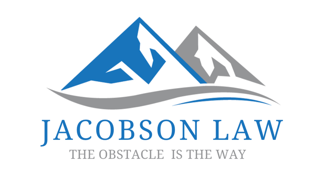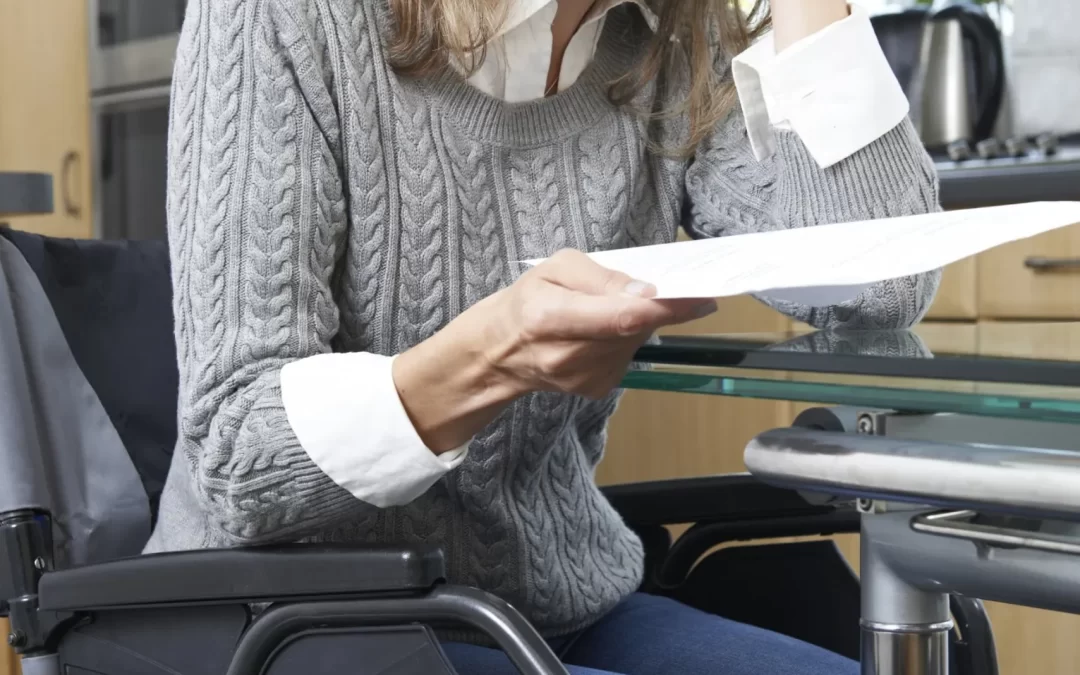Slip and fall attorney can help defend property owners and managers
Slip and fall attorney in Boise ID can help property owners understand the protections and defenses they can enjoy against slip and fall cases. Slip and fall accidents can result in serious injuries, leading to substantial financial and legal consequences for property owners. In Idaho, property owners must understand their legal obligations and defenses to protect themselves from liability in such cases. This article will explore the protections and defenses that property owners can institute in a slip and fall accident case, with a focus on Idaho laws.
Understanding Premises Liability in Idaho
Premises liability refers to the legal responsibility of property owners to ensure the safety of individuals on their property. In Idaho, as in many other states, premises liability laws require property owners to maintain their property reasonably safe and to warn visitors of any known dangers. However, the degree of responsibility may vary depending on the status of the visitor (invitee, licensee, or trespasser).
Types of Visitors
- Invitees: These are individuals invited onto the property for business purposes, such as customers in a store. Property owners owe the highest duty of care to invitees, which includes regularly inspecting the property and promptly addressing any hazards.
- Licensees: These are social guests or individuals allowed to enter the property for non-business purposes. Property owners must warn licensees of known hazards that are not obvious.
- Trespassers: These are individuals who enter the property without permission. Property owners owe the least duty of care to trespassers, generally only needing to avoid willful or wanton harm.
Common Defenses in Slip and Fall Cases
Property owners can utilize several defenses to protect themselves from liability in slip and fall cases. Understanding these defenses can help mitigate the risk of legal repercussions.
- Lack of Negligence
One of the primary defenses in a slip and fall case is proving the absence of negligence. Property owners can demonstrate that they exercised reasonable care in maintaining the property and addressing potential hazards. This defense often involves showing evidence of regular inspections, maintenance records, and adherence to safety protocols.
- No Dangerous Condition
Property owners can argue that no dangerous condition existed at the time of the accident. This defense requires showing that the property was in a reasonably safe condition and that no hazard was present that could have caused the slip and fall.
- Open and Obvious Doctrine
In Idaho, the open and obvious doctrine is a defense that property owners can use to argue that the hazard was so apparent that the injured party should have noticed and avoided it. If the property owner can demonstrate that the dangerous condition was visible and obvious, they may not be liable for the injuries.
- Comparative Negligence
Idaho follows a comparative negligence system, which means that the injured party’s compensation can be reduced by the percentage of fault in the accident. Property owners can argue that the injured party was partially or wholly responsible for the slip and fall due to their actions or inactions. For instance, if the injured party was not paying attention, wearing inappropriate footwear, or engaging in risky behavior, their compensation could be reduced accordingly.
Implementing Protections to Prevent Slip and Fall Accidents
To minimize the risk of slip and fall accidents and protect against potential lawsuits, property owners should implement various safety measures. These proactive steps can help demonstrate a commitment to maintaining a safe environment and reduce the likelihood of accidents.
- Regular Inspections and Maintenance
Conducting regular inspections and maintenance of the property is crucial in identifying and addressing potential hazards. Property owners should establish a routine schedule for inspecting walkways, floors, staircases, and other areas prone to slip and fall accidents. Any identified hazards, such as wet floors, loose tiles, or debris, should be promptly addressed and documented.
- Proper Signage and Warnings
Adequate signage and warnings play a vital role in preventing slip and fall accidents. Property owners should place clear and visible signs to warn visitors of potential hazards, such as wet floors, uneven surfaces, or construction areas. Additionally, temporary barriers or caution tape can be used to restrict access to dangerous areas.
- Training Employees and Staff
For businesses, training employees and staff on proper safety protocols is essential. Employees should be educated on identifying and reporting hazards, cleaning up spills promptly, and assisting customers in potentially dangerous situations. Regular safety training sessions can help ensure that all staff members are aware of their responsibilities in maintaining a safe environment.
- Proper Lighting
Inadequate lighting can contribute to slip and fall accidents, especially in poorly lit areas such as staircases, parking lots, and hallways. Property owners should ensure that all areas are well-lit and that any burnt-out bulbs or malfunctioning lighting fixtures are promptly replaced.
Understanding the defenses and protections available in slip and fall cases is essential for property owners in Idaho. By implementing proactive safety measures, conducting regular inspections, and maintaining proper documentation, property owners can reduce the risk of accidents and protect themselves from potential liability. In the second part of this article, we will delve deeper into additional protections and defenses that property owners can institute to further safeguard their interests in slip and fall accident cases.
Hire the best-rated slip and fall attorney in Boise ID
Jacobson & Jacobson Law Firm, since 1982, is committed to serving the Boise and Nampa, Idaho areas for your top Criminal Defense, Personal Injury, Business Law, Estate Planning, Family Law, Immigration Law, and Litigation needs. Contact us today to get started. For a free 30-minute consultation, book here: https://calendly.com/jfj-1


